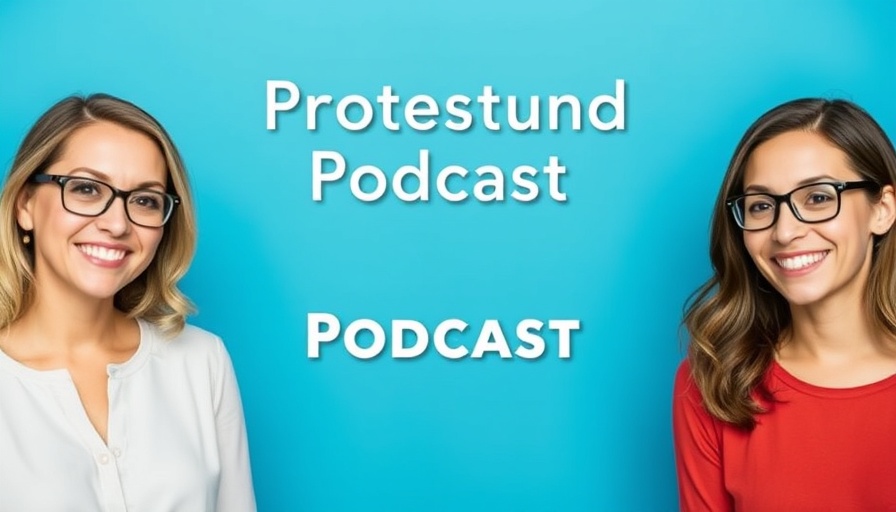
Decoding Disability Policy in Education
As our educational landscapes evolve, understanding the intersection of disability policy and education becomes increasingly essential. Support for disabled learners isn’t merely an afterthought; it’s an integral element of an inclusive educational strategy that aims to empower all students. This discourse is critical, as it can alter how society perceives and interacts with disability.
The Importance of Personal Experience in Disability Understanding
To navigate the complexities of disability, one must first engage with the lived experiences of disabled individuals. Understanding disability from the inside out fosters compassion and broadens perspectives. Educators, parents, and communities need to recognize that disability does not define a person, but rather is one facet of their diverse identities. Acknowledging the humanity and individuality of disabled learners is the first step toward dismantling the societal stigmas that oftentimes perpetuate exclusion, bias, and misunderstanding.
Exploring the Impact of Language and Representation
The narratives surrounding disability heavily influence how society accepts and integrates these individuals. Typically, discussions about disabilities are framed through a lens of deficit, focusing on limitations rather than possibilities. This narrative imbalance leaves disabled voices unheard. Promoting disability representation in classrooms and media can foster a culture of acceptance and appreciation, highlighting the unique perspectives disabled individuals offer.
Financial Considerations: An Impediment to Inclusivity
Cost considerations play a pivotal role in how education systems support disabled learners. In Wisconsin, for instance, schools must apply for funding through specialized applications to cover the additional costs associated with educating students with significant disabilities. The costs can be prohibitive and vary by location, often resulting in unequal access to educational resources. For the years 2024 and 2025, funding has been projected to reach $14,480,000, demonstrating a significant financial commitment, yet it remains contingent upon several variables including student population. The lack of consistent, adequate funding can lead to disparities in educational experiences for disabled students.
Building Support Networks for Disabled Learners
Creating an inclusive educational environment extends beyond the classroom; it requires community involvement and support. Often, parents and educators first encounter disabilities through their children or students, marking a pivotal moment in their understanding. Establishing networks for sharing experiences and resources can empower these individuals, fostering greater awareness and support for disabled learners within their communities.
Challenging Myths and Stereotypes
Countering stereotypes about disabilities is vital for fostering an inclusive environment. Myths, such as oversimplifying the capabilities of disabled individuals or equating disability with inability, can perpetuate exclusion. Encouraging dialogue and education about the realities of disability can challenge these misconceptions and inspire a more accepting society. Empowering disabled individuals to share their stories can lead to more authentic narratives that resonate with wider audiences.
Encouraging Action: What You Can Do
As teaching professionals and community leaders, it’s essential to advocate for policy changes that prioritize inclusion and accessibility. This includes promoting training for educators on disability awareness and forming partnerships with disability advocacy groups. Engaging with the stories and experiences of disabled individuals facilitates a greater understanding of their needs, encouraging policies that reflect those insights.
In summary, advancing disability policy within education is a journey toward inclusivity that encompasses financial, social, and pedagogical dimensions. Everyone plays a role in fostering understanding, acceptance, and support within educational systems. Now is the time to advocate for the rights and voices of disabled individuals in education—a community effort benefiting all. Add Row
Add Row  Add
Add 




 Add Row
Add Row  Add
Add 

Write A Comment